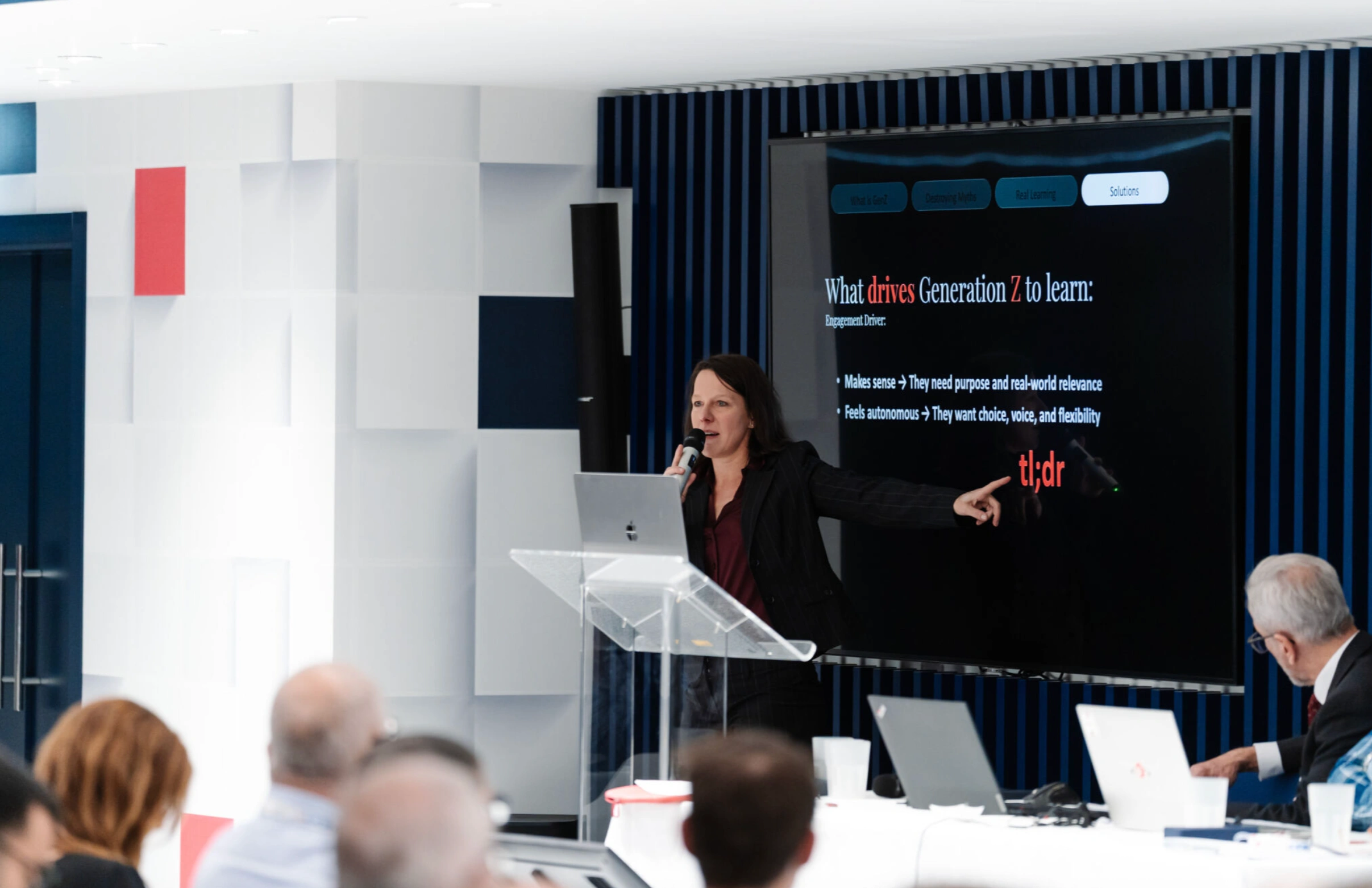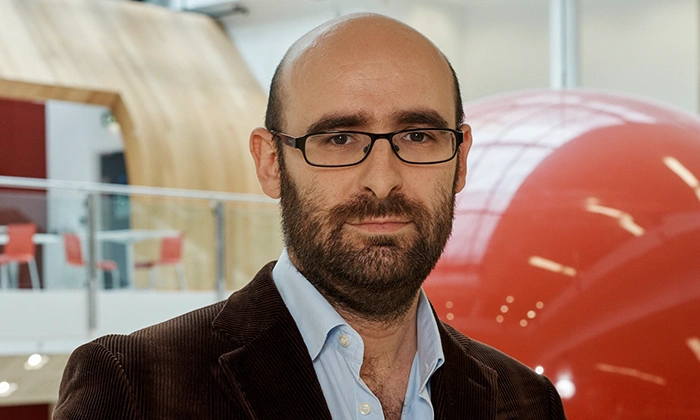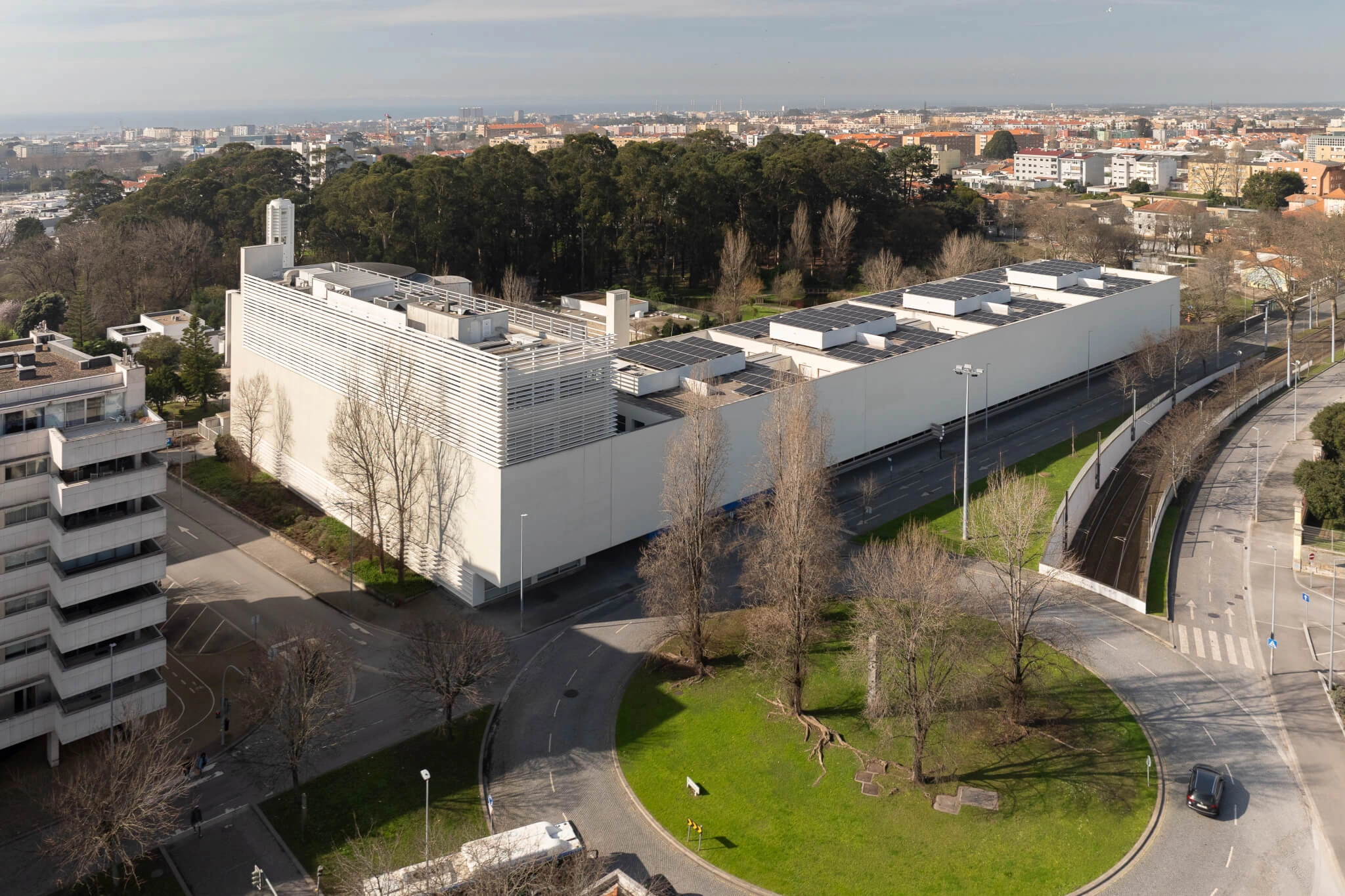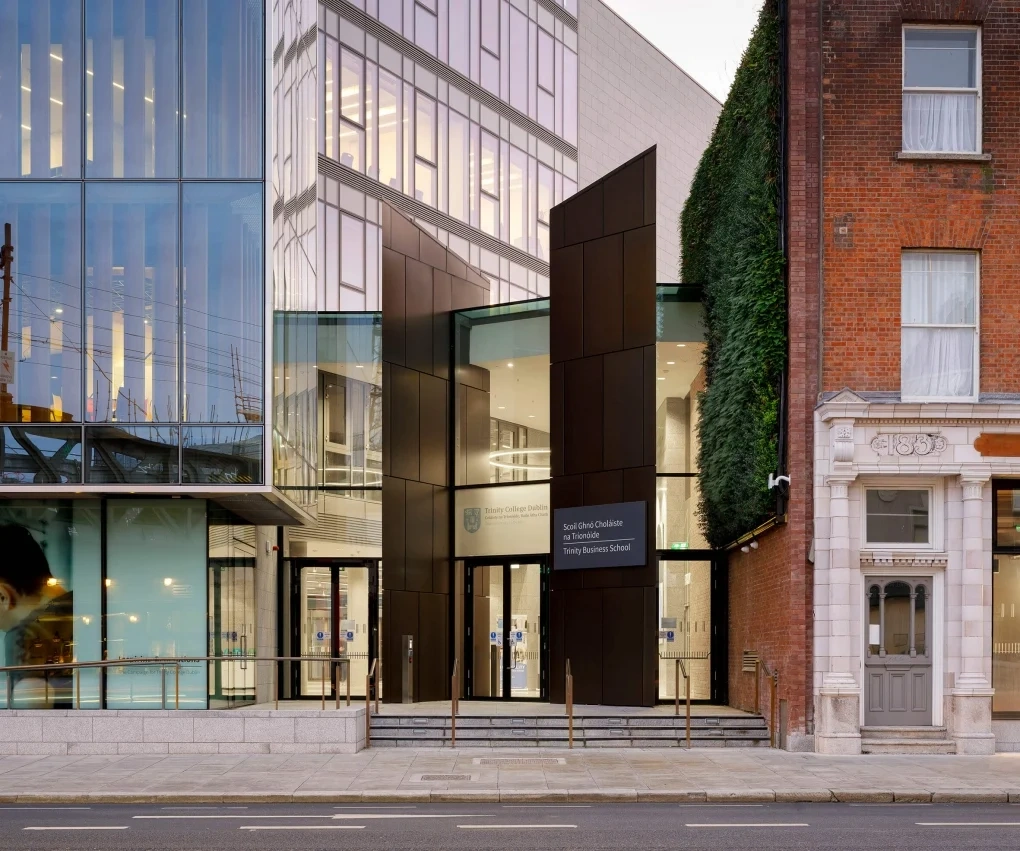Where is the justice in UK prisons?

John E. Kaye
- Published
- Executive Education, Home, Uncategorized

Keeping prisoners under lock and key without a plan for their future is a criminal waste of taxpayers’ cash, writes the former inmate turned author and campaigner, Ben Pickering.
Exclusive by Ben Pickering
The British penal system is broken. And we, the people, broke it.
Because we can’t decide what it’s for. And politicians are too afraid of losing our votes to do what needs to be done for the long-term good of society.
Einstein is often quoted as saying “the definition of insanity is doing the same thing over and over and expecting different results”.
Though he wasn’t talking about our prison system, he may as well have been.
There are over 80,000 people in custody in the UK right now. And we, as a society, don’t know what we want done with them.
Are prisons there to punish? To protect? To rehabilitate? Or to deter?
The answer should be all four. But in equal measure.
We want prisoners to come out to lead law-abiding, productive lives but we’re not prepared to give them the tools or the opportunities to take that second chance and make it work.
As a country, we’re very quick to look at foreign justice systems and throw stones. But are we really in a position to?
Why, in Norway for example, are re-offending rates are as low as 20% whilst in the UK 46% of all prisoners will re-offend within a year of release?
The difference is that Norway prepares its prisoners for life on the outside from day one of their sentence. And Norwegians give offenders a second chance.
Of course we should punish people who break the law – how else do we hold society together and keep people safe? But there has to be a balance between retribution and rehabilitation.
We’ve been tough on crime but not on the causes of crime.
That has to change.

Author and director Ben Pickering came to understand the failings of the penal system after serving three years in jail for mortgage fraud. Copyright: Ben Pickering, Photo Credit: Angus Young
Let’s set aside those who find themselves behind the wall for public safety. Murderers, while the majority are guilty of a one-off moment of madness, have to go to jail for a very long time as a deterrent to others. Sex offenders and those convicted of serious violent crimes the same, for the protection of all our loved ones. But the rest of the prison population are an enormous drain on taxpayers’ money and will continue to be upon release without fundamental change.
In 2018/18, it cost on average £37,543 to keep a prisoner in an English or Welsh jail. Or, to put it another way, more than two people’s full-time salary on the National Minimum Wage.
It cost over £100,000 to house me during my three years behind the door.
As part of that enormous bill to taxpayers, I learned to wall tile and brick lay. Those courses cost taxpayers £3,500 a time. But the training is for show: it doesn’t give the full qualification and I’d have to do nine months of further training on release to even get on site. Given we were a captive audience, it would have made more sense to do those nine months while I was at Her Majesty’s Pleasure. It’s a criminal waste of resources and time, designed to keep cons busy and staff employed.
But forget trade skills – most prisoners can’t even read, let alone write. It’s all very well running these expensive courses but if you can’t write a CV, fill in a form, write a simple letter, even read a court summons when you’re in trouble, you have no chance of rehabilitation and you’ll end up back inside.
Education is the key – if you’ve got qualifications, you can get a job, you can earn money and spend that money living your life. If you don’t, you end up in life’s slow lane or in a lay-by. And that’s why most of the drug-dealers and the burglars and the fraudsters are in jail – because they’ve skipped a beat earlier in their lives, which was the difference between a law-abiding good life and a hard one on the fringes.

A few simple measures to reform prisons would transform the life opportunities of ex-offenders, Pickering believes Copyright: Ben Pickering, Photo Credit: Jarek Duk
Two simple reforms would transform our justice system overnight: Firstly, I wouldn’t let any prisoner leave prison until they could read and write to GCSE grade C. Prisoners are literally a captive audience. And prison is the opportunity to fix the things that went wrong earlier in life, so they don’t blot the rest of our time on this earth. That would mean some people staying in prison longer and some getting out halfway through their sentence, as almost everyone does now without doing anything to earn it.
The second reform that would transform life opportunities for ex-offenders would be to give prisoners the chance to re-earn their good name. For me, the big thing wasn’t the prison time – that was way harder for my loved ones than it was for me. It was the stain on my character. I have a criminal record. And like anyone who has been sentenced just once to four years or more, I’ll have a criminal record that I have to disclose to anyone who asks for the rest of my life, while someone who’s been in and out of prison on a dozen short sentences for burglary or bag snatching will get to wipe the slate clean even though they’re the repeat offender.
If we truly want to give people a second chance to be productive members of society, all sentences bar murder, violence and sex crimes should become “spent” once they’ve been served plus say five or ten years.
It doesn’t get rid of police records, Google or peoples’ memories. But I can’t think of a better incentive to never commit a crime again.

If the penal system is not reformed then prisons will “remain nothing more than a warehouse of souls”
With the new Conservative government seeking to burnish its law and order credentials ahead of a snap election, it’s easy to see how we could be taking a trip down the road to more punishment and less of everything else.
But that would be counter-productive and we’ll end up back where we started in five or ten years’ time with re-offending rates remaining stubbornly high.
Our prisons will remain nothing more than a warehouse of souls.
And it’ll be society that continues to pay the price.

Ben Pickering has just released his debut novel, Freiheit, written while in prison and which won the Koestler Platinum Award for longer fiction.
Ben Pickering is an award-winning author and filmmaker, and an ambassador for inmate charity, Storybook Dads. He served three years in prison for mortgage fraud and is now a prominent reform campaigner. His new book, Freiheit, a taut and suspenseful beach read, is out now on Amazon, priced £6.99 for paperback and £1.99 for Kindle.
RECENT ARTICLES
-
 Hannu Tihinen on strategy, leadership, and the value of an EMBA
Hannu Tihinen on strategy, leadership, and the value of an EMBA -
 European MBAs adapt to AI as Aalto overhauls executive education
European MBAs adapt to AI as Aalto overhauls executive education -
 From dialogue to action: how emba X prepares leaders for a new era of responsible innovation
From dialogue to action: how emba X prepares leaders for a new era of responsible innovation -
 How Europe can learn faster: turning AI into safer, smarter adult training
How Europe can learn faster: turning AI into safer, smarter adult training -
 Aalto EE launches Aalto Tech EMBA to equip executives for digital transformation
Aalto EE launches Aalto Tech EMBA to equip executives for digital transformation -
 Supply chains are being remade. Leadership must be too
Supply chains are being remade. Leadership must be too -
 Why the real barrier to AI success sits in the boardroom
Why the real barrier to AI success sits in the boardroom -
 ETH Zurich and the University of St.Gallen redefine executive education with emba X, a new model of responsible leadership
ETH Zurich and the University of St.Gallen redefine executive education with emba X, a new model of responsible leadership -
 Why leadership is the strongest defence in South Africa’s schools
Why leadership is the strongest defence in South Africa’s schools -
 Porto Business School launches executive programme on AI strategy
Porto Business School launches executive programme on AI strategy -
 POLIMI Graduate School of Management strengthens global reputation in MBA and master’s rankings
POLIMI Graduate School of Management strengthens global reputation in MBA and master’s rankings -
 Trinity Business School strengthens standing in global MBA rankings
Trinity Business School strengthens standing in global MBA rankings -
 Meet the class of 2025… and their children. Why mid-life university learning is on the rise
Meet the class of 2025… and their children. Why mid-life university learning is on the rise -
 University of Michigan launches executive programme for chief data and AI officers
University of Michigan launches executive programme for chief data and AI officers -
 International education: A vision for global citizens
International education: A vision for global citizens -
 How to create lasting social change? Build a community
How to create lasting social change? Build a community -
 Tomorrow’s world needs Dyslexic Thinking
Tomorrow’s world needs Dyslexic Thinking -
 Why family therapy is the best investment you can ever make
Why family therapy is the best investment you can ever make -
 How EQ can give us the edge over AI
How EQ can give us the edge over AI -
 A true root and branch approach
A true root and branch approach -
 It's fine to say you're not ok
It's fine to say you're not ok -
 Are you willing to change with your organisation?
Are you willing to change with your organisation? -
 Emerging markets: Online learning for women unlocks economic potential
Emerging markets: Online learning for women unlocks economic potential -
 A programme of urgent importance
A programme of urgent importance -
 Why progress is not parity
Why progress is not parity



























